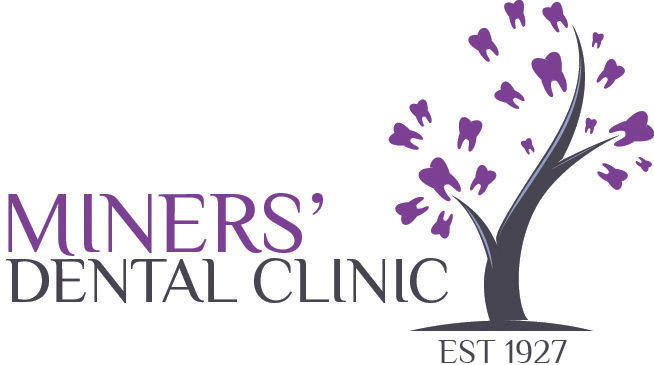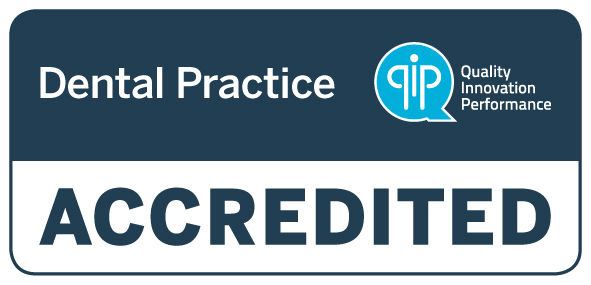Prevention is better than cure. This is the motto of preventive dental health care. Most dental diseases can be prevented if they are taken care of in time.
If you can take care of your oral health, and thereby general health on daily basis, many of the major dental issues and general health issues can be avoided.
Preventive dentistry is a practice of caring for one's teeth on a daily basis and following the dentist's instructions. If a youngster is educated about dental care at home and goes to frequent visits with his or her family dentist, he or she has a better chance of resolving any dental difficulties before they become big enough to require major procedures by the dentist.
Preventive dentistry keeps your teeth, gums, and jaws healthy which in turn keep you healthy in body, mind, and spirit.
Brushing and flossing are important steps in the prevention of cavities and gum disease. Another stage in preventive dentistry is going to your dentist on a regular basis.
How can you maintain oral health to prevent dental issues?
The most important thing you can do for your teeth is to brush them twice a day with fluoride toothpaste. You should also floss at least once daily to avoid plaque build-up on the teeth and gum line that leads to dental disease.
It�s also important to not smoke because it causes dry mouth which increases risk of developing cavities. Finally, make sure you visit the dentist every six months and schedule emergency appointments as needed.
Let�s look at some oral hygiene practices in detail.
Brushing
Brushing your teeth after each meal is a good way to keep your teeth healthy. Ask your dentist to demonstrate how to clean your teeth so that all of the tooth surfaces can be cleaned.
Brushing twice a day is necessary for healthy teeth and gums, even if you can't brush after every meal. Brush your teeth for at least two minutes when you clean them.
Brushing hurriedly isn't advised. To eliminate plaque that has been produced by bacterial activity during the night, move your toothbrush gently, till you dislodge the plaque.
Plaque that is not removed on a daily basis hardens and takes longer to remove. Gingivitis is an inflammation of the gums caused by plaque.
Plaque has a way of lingering in the mouth, even on your tongue. Plaque will give your mouth a terrible odour and result in additional oral issues. To remove any plaque traces from your tongue, place the brush on your tongue and gently brush it away.
Flossing
Flossing is the process of removing food remnants from between teeth. When you clean your teeth, you remove food and sugar particles that had adhered to the surface of your teeth.
While chewing, the pressure of chewing forces tiny meal particles between your teeth, which get trapped there and can't be removed with brushing because the brush does not reach in between the teeth.
That's why you need to floss your teeth to remove food particles from the gaps between them. It is ideal for a dental professional to show you how to floss using ready-made flossing threads that are available over-the-counter, but you may also use any clean thread and hold one end of 6 inches long thread between your fingers and pass in between the teeth.
It will carry the food residue with it, so there will be no food debris between your teeth, and you'll have stimulated your gums, allowing improved blood flow.
You must floss before going to bed so that bacteria in your mouth have nothing to work on during the night. Some individuals are resistant to flossing. Floss available over-the-counter can be used effectively, although some people still find it difficult to floss.
Diet and lifestyle
Most of our dental issues are caused by our diet and lifestyle. We can minimize the incidence of our dental problems if we can eat a balanced diet.
More than ever, our diet has sugar and refined flours, which are harmful to our teeth if not rinsed from the mouth properly. If sugar is left in the mouth, bacteria will convert it to acid, destroying tooth enamel.
Caffeine, tea, and red wine all stain the teeth and damage them over time. Fruits instead of sweet dishes as a dessert helps teeth because crunchy foods provide tooth exercise.
Teeth are also harmed by other types of substance abuse, which result in mouth cancers and discolouration of the teeth. Many individuals either forget to drink enough water or don't have time to do so because of their busy job schedules.
Water intake promotes mouth freshness and inhibits germs from prospering in the mouth while a person is awake. After every meal, drink some water to improve oral health because residual sugar and acids in the mouth can be washed away, leaving little for bacteria to operate on.
Using mouthwash also aids in keeping the mouth clean, as it removes acid from the teeth and cleans areas inaccessible to a toothbrush. The mouthwash also contains minerals that promote dental mineralization.
Regular visits to the dentist
Preventive dentistry is most effective in children if they begin visiting the dentist at an early age. Around 6 months of age, the child's first temporary teeth will pierce through.
Even before your child's first tooth appears, it is suggested that you take him to the dentist. The dentist may follow up the dental development of the youngster and intervene at crucial stages if necessary, as teeth begin to emerge.
When the youngster is taken to the dentist as soon as possible, she will learn to respect dental hygiene. The dentist will demonstrate how to brush and floss, as well as educate her about the significance of good oral care and hygiene.
A dentist can also assist when there is a space issue with the teeth or when a lot of space is created on the gums, making normal teeth move in the empty area and get in the way of permanent tooth.
In such circumstances, the dentist will either utilize space maintainers to block the region or cut through the jaw in order for new teeth to grow straight.


